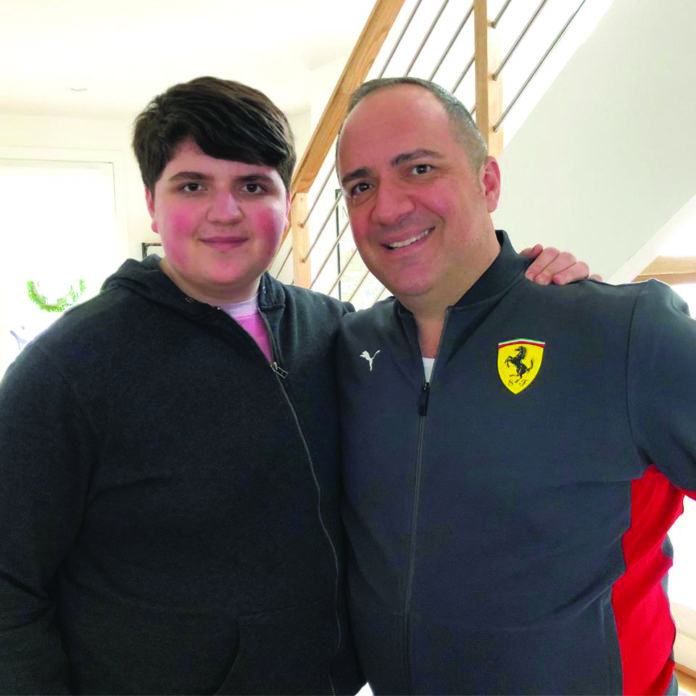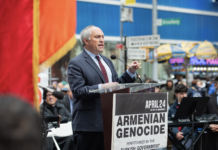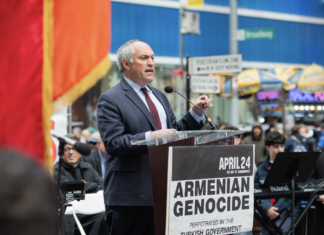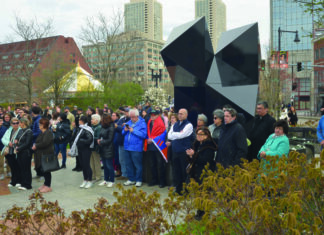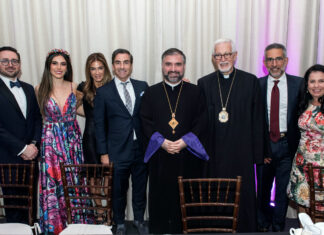NEW YORK (Forbes) — Times of crisis bring out the worst and best in humanity. I am heartened to see that — toilet paper hoarders aside — COVID-19 has been bringing out the latter in most people.
Neighbors are pulling together — if you don’t tear up seeing this surprise 80th birthday celebration in Spain, you’re a rock—communities are rallying around local businesses, and corporations of all kinds are mobilizing to ease isolation.
Last week, my friend and colleague Aaron Sherinian and his 17-year-old son, Adam, launched Quarantine Academy (QA). It’s a genius way for as many as 300 people at once to Zoom in and learn about worthwhile topics from a variety of experts.
During daily virtual meet-ups at 11 a.m. and 4 p.m. EST, QA entertains and informs cloistered kids and adults with cabin fever via topics ranging from Ernest Hemingway and the importance of brevity to stress-reducing origami. One teen expert schooled adults on the ins and outs of TikTok, and a pilot is on tap to take kids fascinated by air travel into a virtual cockpit.
Talk about social solidarity. Even as people are keeping their physical distance, they’re managing to spend time together.



